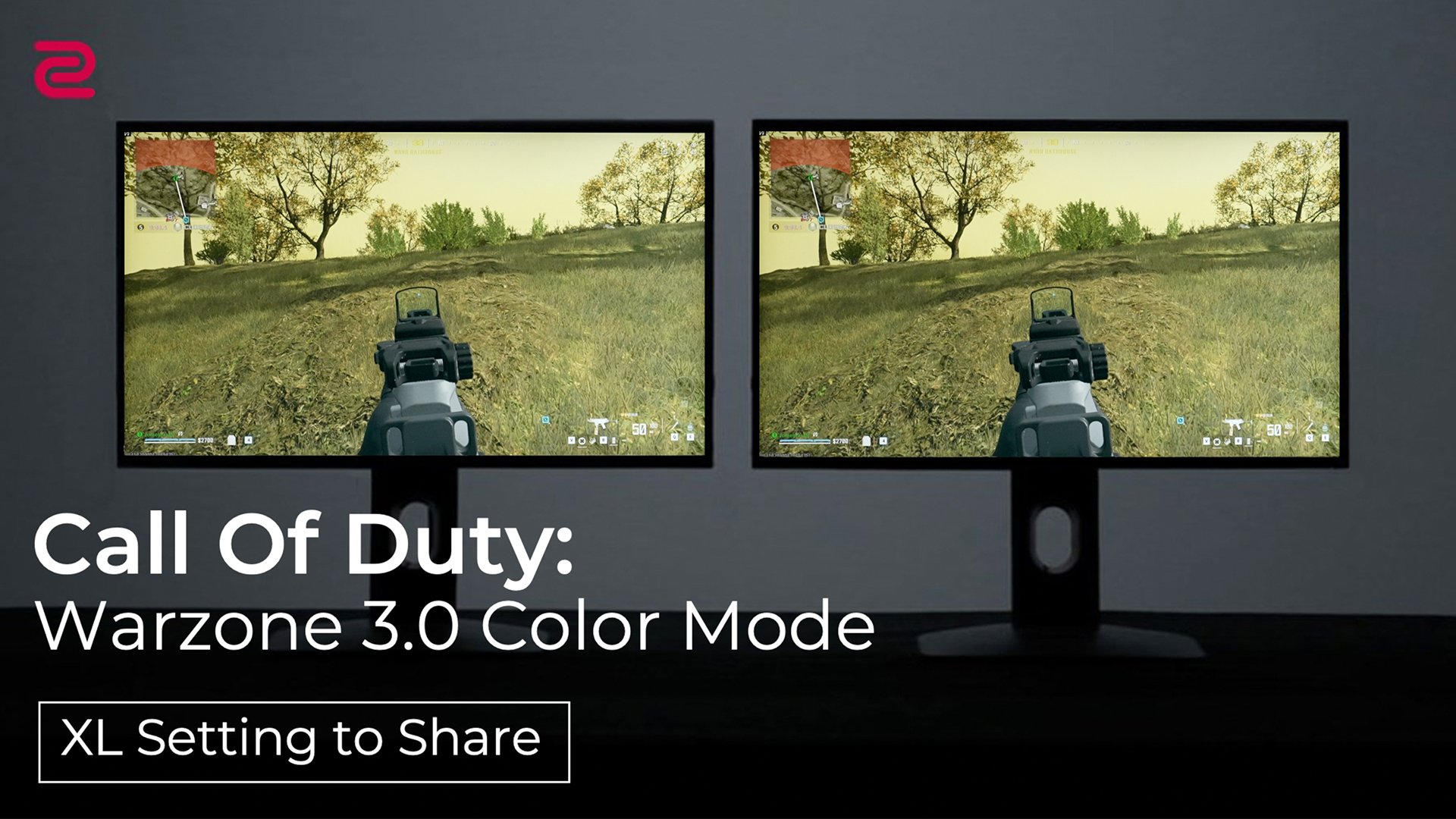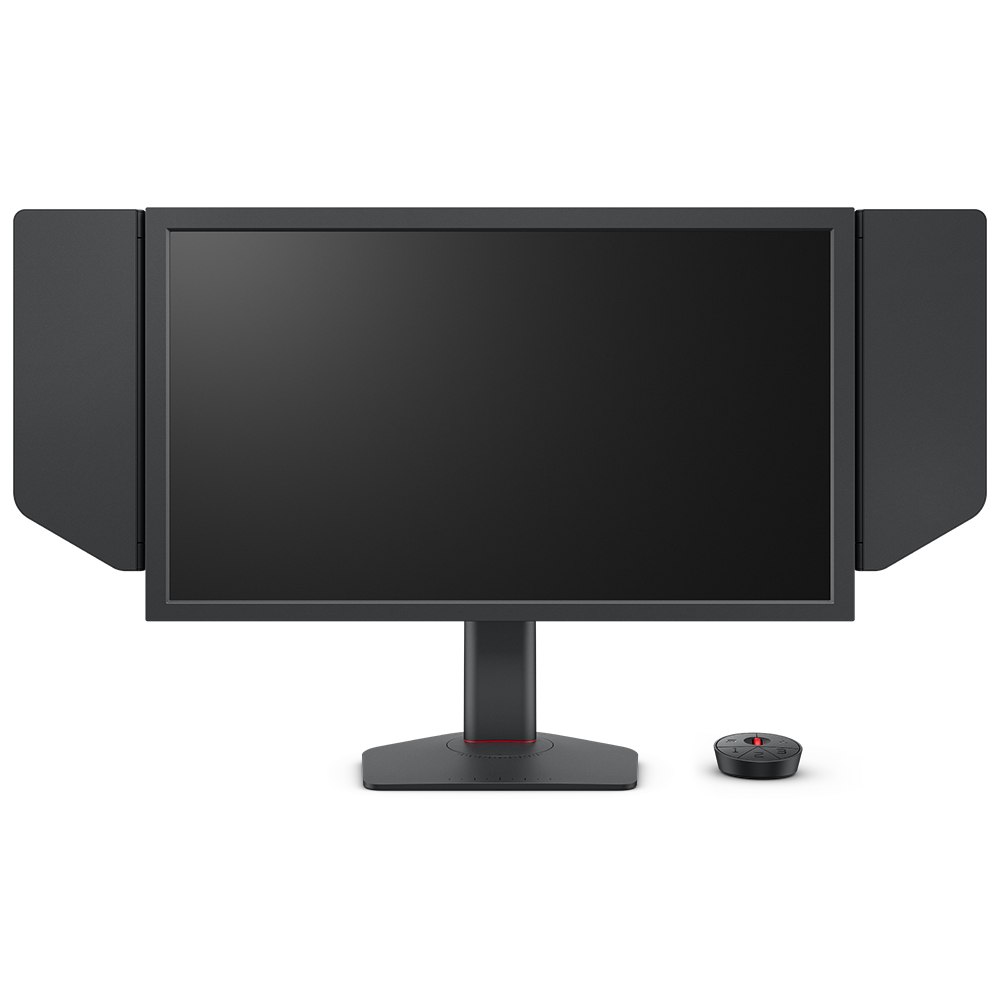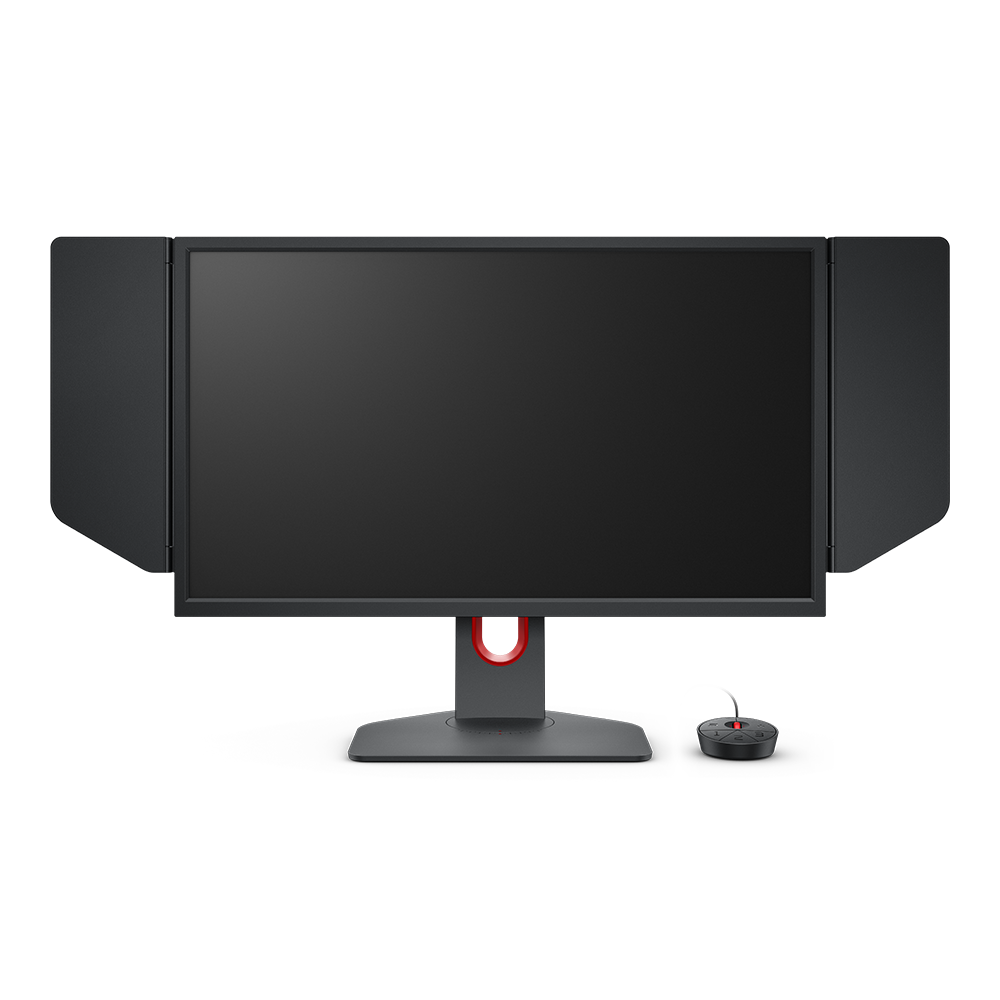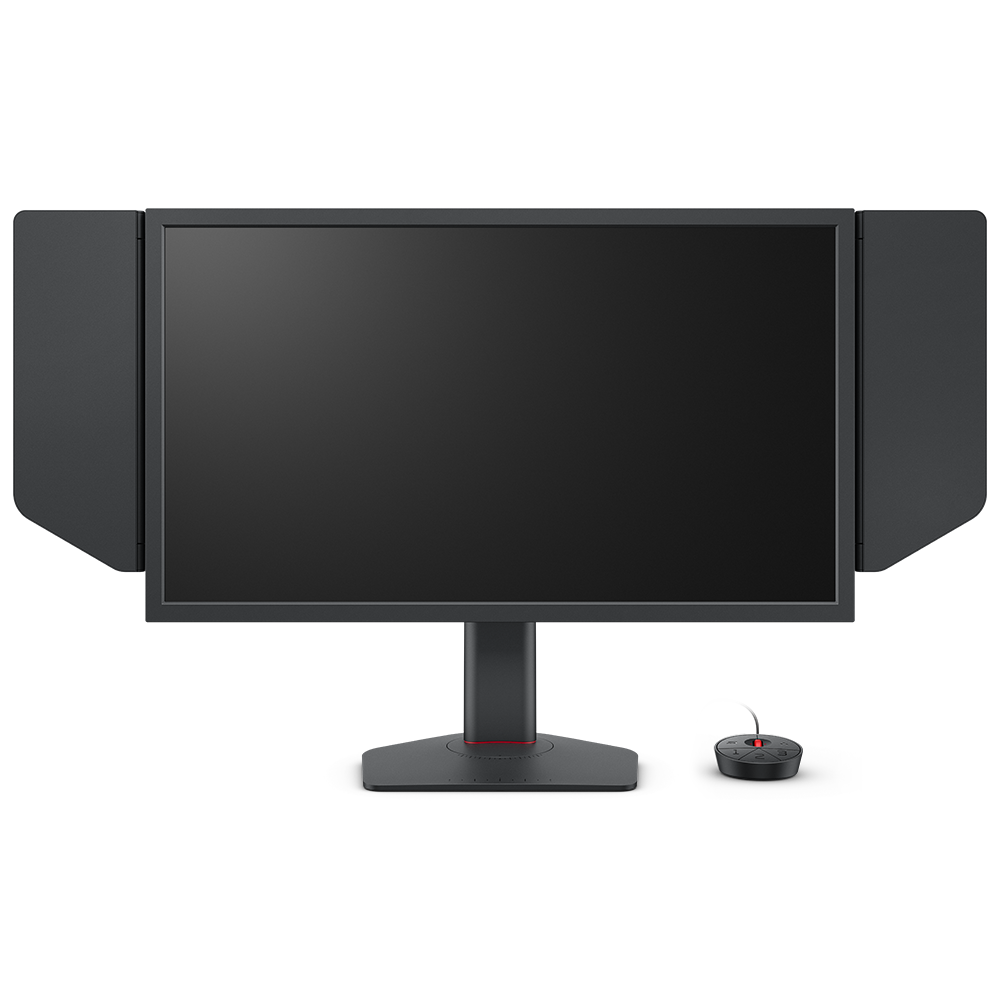While manufacturers commonly cite response time to measure dynamic image sharpness, the reality is more complex. Here's what you need to know:
- No standardized industry measurement for response time exists
- Different manufacturers use varying testing methods
- Marketing specifications often differ from real-world gaming experience
The Fast-TN Difference
Fast-TN panels achieve superior response times through their unique liquid crystal structure, delivering:
- Sharper dynamic image quality
- Reduced motion blur
- Clearer moving images
Real-World Performance Testing
In our comparison between the ZOWIE XL2546K (240Hz) and a IPS 240Hz monitor:
- Both monitors set to their fastest response settings
- IPS display shows noticeable image noise at high speeds
- Fast-TN maintains clarity during rapid movements









